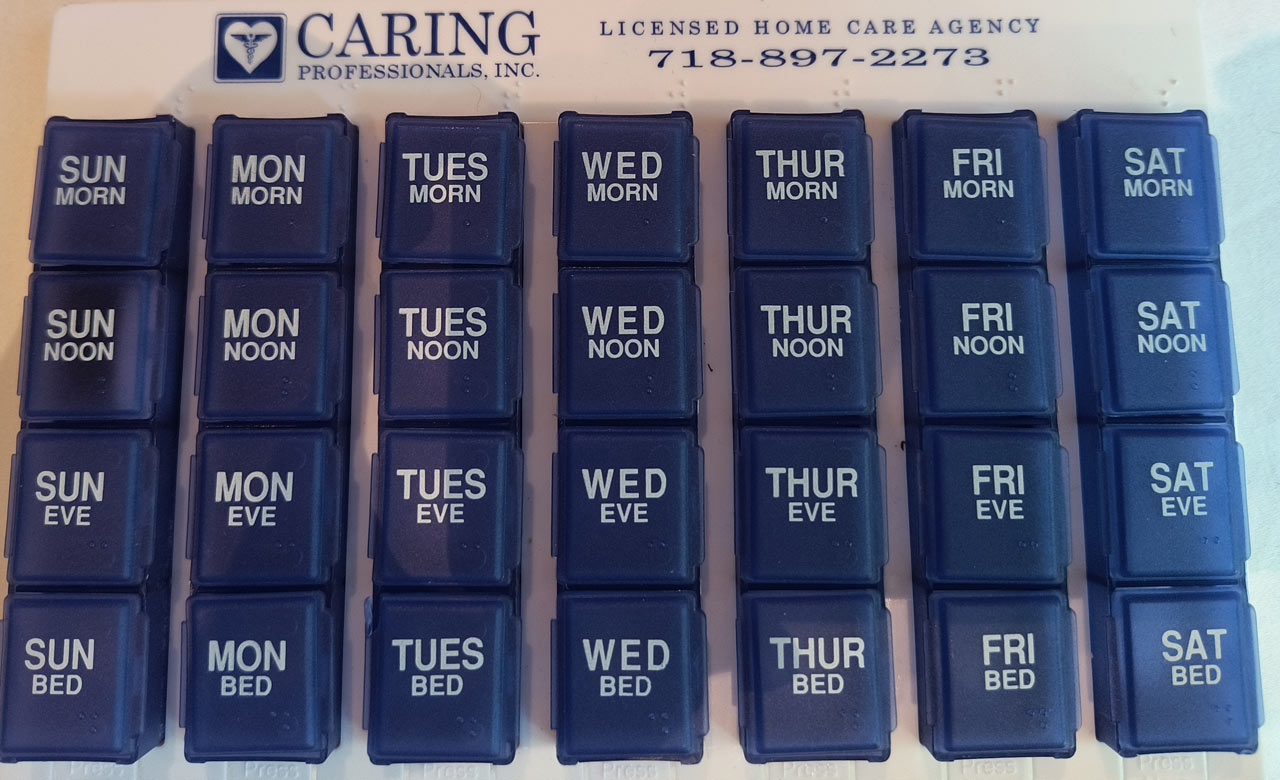No, we are not suggesting that you move. Most seniors want to age in place. A recent AARP study found that 77% of Americans age 45+ want to age in their own home. Only 10% favored an assisted living facility, 2% preferred a nursing home, and 11% were unsure or refused to respond.
People consider quality of life better at home. Quality of life does mean different things to different people. For some it means autonomy, emotional comfort, the ability to maintain relationships, financial security, and the ability to continue to be active. Living at home gives people a perception of being healthy and of belonging to a neighborhood as well as other connected reasons. This is born out by a meta-analysis of thousands of older adults living at home in 11 Western countries.
People want supported independence to be able to have quality of life by living at home.
Not everyone needs to make changes. They don’t have urgent needs that necessitate adapting their home for frailty and disability.
Others have progressive or chronic conditions such as Parkinson’s which will need special modifications to allow them to age in place. These people may already need help with handling daily living challenges such as turning on a light, turning on a faucet, or bathroom assistance.
Traumatic change often necessitates immediate accommodating modifications. If an accident or a stroke occurs, people need help right away to continue to live at home. Time may be of essence to ensure safety when the individual returns from the hospital or a rehab facility because there may be mobility changes and/or sensory and cognitive changes. A ramp or durable medical equipment must be installed.
Many people have changed their plans about where they want to age. Due to the recent pandemic, reconsideration of relocation has taken place. Seniors and their families no longer trust that group facilities such as assisted living centers will keep them safe. Trust in management and government to keep older people safe has seriously eroded. Real estate values have also changed people’s plans since Covid. Homes have gone up in value but so has the cost of downsizing. Into smaller condos, apartments, and co-ops. It may be cheaper for a senior to stay at home in the homes they have furnished and paid off. Finances and the role of the stock market’s performance play a role in people’s decisions about whether to remain in their own homes.
Planning, assessing, and thinking about these decisions are key. If someone is considering aging in place long term, investing in safety for future needs and wants is smart. Ideally, this should be a process and done over time, not the result of an emergency medical situation. The senior, the family members, and the health care provider can discuss what is involved in making a home safe for short and long-term needs.
A certified Aging-in-Place specialist can then be consulted. This is an individual who has been trained to come into a home to advise on what will be needed and make suggestions. Such an individual has trained and been tested by the National Association of Home Builders for this purpose. He or she knows how to prepare a home for life safety, fall prevention, and convenience. These are the key goals for independent living at home which will allow a senior to perform regular tasks, activities, and hobbies that she enjoys.
Many Aging-in-Place specialists come to this role with value added. They are also builders, occupational therapists, senior specialists, or home care nurses who are experienced in working with and caring for the elderly.
Aging in place means adapting your home to meet the evolving needs of senior living, ensuring safety, comfort, and independence. Consider a certified Aging-in-Place specialist to tailor your space for a better quality of life at home.






